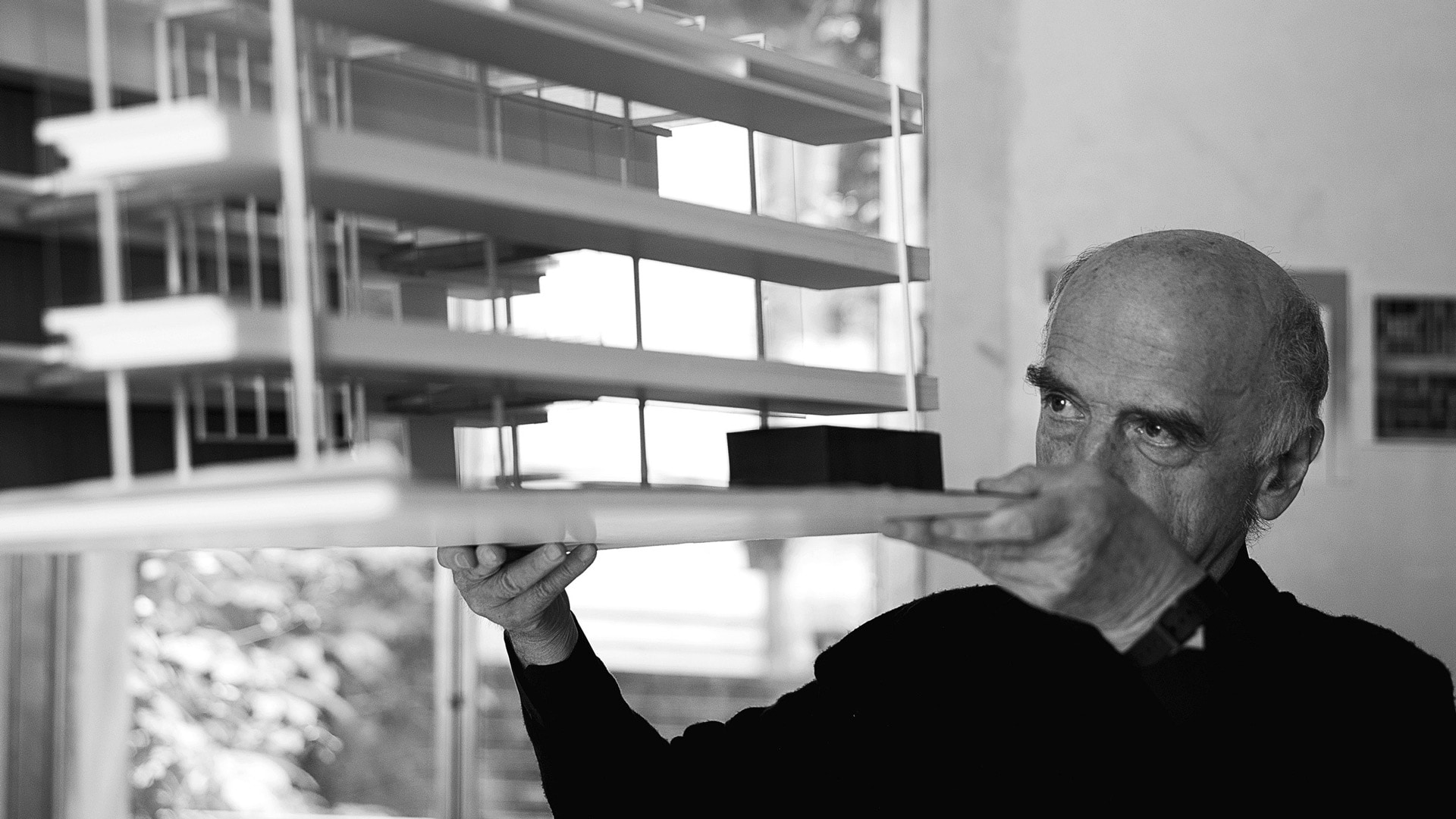HIGHLIGHTS
Purpose and Values


PRADA LANDSCAPES
The Montevarchi, Montegranaro and Valvigna “garden factories”
The Prada Group prefers to buy and restore existing plants rather than build new ones.
When no existing buildings can be found, master architects are called to collaborate to create landscaped buildings rather than consume land.
The Prada “garden factories” are skillfully designed buildings that create a delicate balance between the visible and invisible, focusing on the external appearance but also on the quality perceived from inside.
These “intro-verted” buildings have hidden gardens like medieval cloisters, arbours, secret spaces of welcome and harmony but also unexpected openings towards faraway landscapes able to provide moments of aesthetic enjoyment.
Patrizio Bertelli vision on “garden factories”
designed for the well-being of our employees
«The main strategy was to integrate the architectural structure with the territory. Quality can only come from the quality of the work environment.»
Patrizio Bertelli



“I hope it is evident, especially to those who walk through them in real life, that these factories were conceived above all to agree with the people inside them, to contribute to alleviating the daily stress of many hundreds of persons.
That might seem an obvious statement, but such consideration is often disregarded in situations where there is more involvement in self-celebratory and self-referential endeavours than in patiently stepping into the shoes of the people who will need to use the spaces.
The aim of our architectural pursuit has been not excess and extravagance, but attentive dialogue with physical environmental surroundings that by now have become afflicted by deterioration and contamination almost everywhere.
I like to think that in our decades-long collaboration with Prada we have shared the greatest degree of commitment toward building correctly, down to the last details, even though we were dealing with manufacturing sites.

We pinned our faith on rigorous principles of production-related functionality and rationality. Using almost primitive materials, we raised buildings where no compromise was made in the richness of the spaces or the quality of the architecture.
At the same time, they offer what Le Corbusier described as a promenade architectural, a pathway of intense emotive quality, through the built space.
My hope is that in each of the three factories, visitors and most of all the people who labour there are able to perceive – over and above the mandatory functional efficacy and respect for the work of everyone – the bounty of spatial felicity that is customarily the condition of authentic architecture.
I am referring not only to Valvigna, but also to Montevarchi and Montegranaro, particularly the areas designated for collective use such as atriums, internal walkways, planted patios and offices.”
Texts from the book: “Prada Architecture by Guido Canali” edited and designed by Italo Lupi, 2018

